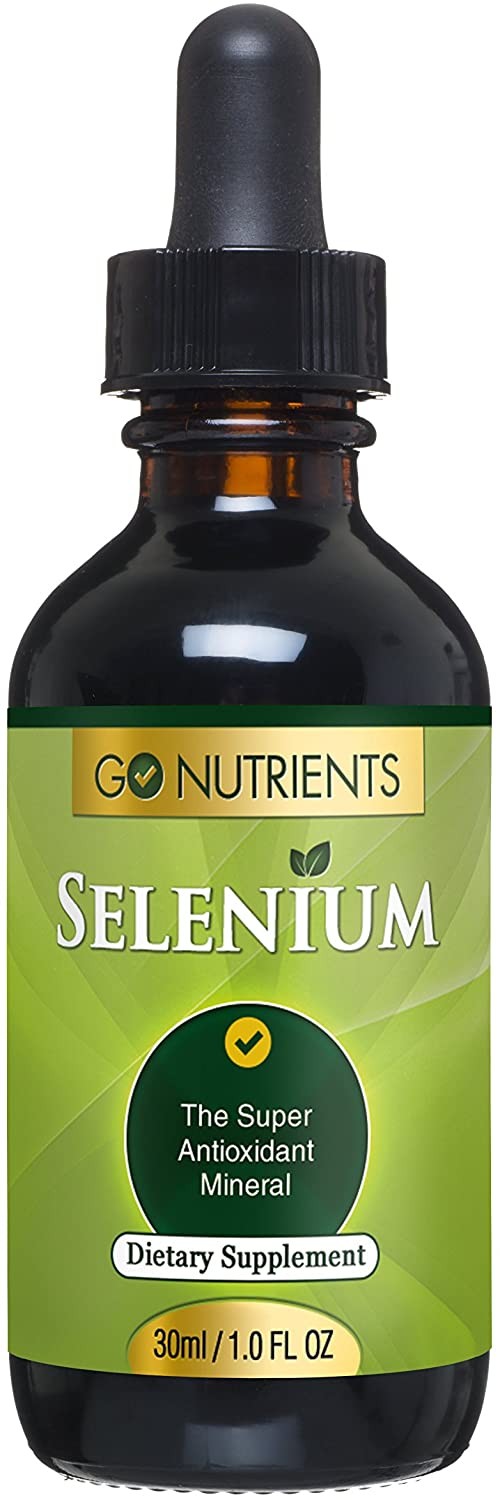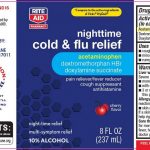
Contents
- 1 The Top 10 Selenium Supplements for 2022
- 1.0.1 Top 10 Selenium Supplements for 2022
- 1.0.2 What are the sources of selenium?
- 1.0.3 What are the daily requirements of selenium?
- 1.0.4 What causes selenium deficiency and what are the risks?
- 1.0.5 7 potential health benefits of selenium
- 1.0.6 What are the recommended dosages and risks of selenium supplements?
The Top 10 Selenium Supplements for 2022
Selenium is an essential trace element that is crucial for the immune system and thyroid function.
Selenium was discovered in 1817 and named after the Greek moon goddess Selene.
Selenium is stored primarily in the muscles and thyroid gland.
Selenium exists in two forms: inorganic (selenate and selenite) and organic (selenomethionine and selenocysteine).
- Inorganic (selenate and selenite)
- Organic (selenomethionine and selenocysteine)
The body incorporates selenium into special proteins called selenoproteins, which are critical to normal thyroid and immune function, DNA production, and reproductive health.
Top 10 Selenium Supplements for 2022
Capsules
- Thorne Research Selenomethionine – The purest selenium supplement on the market. Each capsule contains about 100 mcg of selenium (182% of the daily value).
- Pure Encapsulations Selenium – Delivers the standard 200 mcg dose in a cellulose capsule with a touch of vitamin C for better shelf life. Devoid of additional additives.
- Life Extension Super Selenium Complex – Pairs two forms of selenium with vitamin E for added antioxidant power. Designed to take advantage of selenium’s benefits for well-being and youthfulness.
- NOW Foods Selenium – A yeast-free supplement containing highly absorbable L-selenomethionine, free from common allergens. Delivers 200 mcg of selenium per capsule.
- Klaire Labs Seleno Met – Contains L-selenomethionine‚ which has superior absorption compared to other forms of selenium. Each capsule contains 200 mcg of selenium (364% of the daily value).
- Bluebonnet Selenium – A certified vegan, soy-and gluten-free product containing selenomethionine for optimal absorption. Each capsule contains 200 mcg of selenium (364% of the daily value).
- Vital Nutrients Multi-Nutrients – Iron- and iodine-free, a great choice for a multivitamin that covers daily nutrient needs. Three capsules contain 100 mcg of selenium (182% of the daily value).
- Nordic Naturals Multi-Minerals – Contains several highly absorbable minerals, including selenium, magnesium, zinc, and copper. Three capsules contain 41.25 mcg of selenium (75% of the daily value).
Liquid
- Go Nutrients Selenium – Ideal for those who cannot or do not like to take pill-based supplements. Liquid selenium supplement containing 200 mcg of selenium per six-droplet serving.
Softgels
- Carlson Labs ACES + Zinc – Provides 100 mcg of selenium (182% of the daily value) along with zinc, vitamins A, C, and E, and 50 mg of calcium per two softgels. A good option for extra nutrient support.
QUESTION
What are the sources of selenium?
Despite its wide availability in foods, deficiency may still occur due to environmental, health, and dietary factors.
Nuts, especially Brazil nuts, are the best source of selenium, containing about 544 mcg per ounce.
Other selenium-rich foods include fish, shellfish, ham, beef, eggs, poultry, turkey, brewer’s yeast, wheat germ, shiitake and button mushrooms, oats, wholewheat bread, bran, brown rice, and red Swiss chard.
Selenium can also be found in most multivitamin-mineral supplements.
What are the daily requirements of selenium?
According to U.S. recommendations, an average adult needs about 50 to 60 mcg of selenium per day. Specific needs for different groups are:
| Teenagers (14 to 18 years) | 55 mcg |
| Pregnant women | 60 mcg |
| Breastfeeding women | 70 mcg |
Adults should not consume more than 400 mcg of selenium per day, and children usually require less than 300 mcg.
What causes selenium deficiency and what are the risks?
Selenium deficiency may occur in those who do not consume a balanced diet, smokers, alcoholics, those living in areas with naturally low selenium concentrations in the soil, kidney dialysis patients, individuals with HIV infection, and those with intestinal diseases or taking certain medications.
Selenium deficiency can cause male infertility and Keshan disease, characterized by heart failure and pulmonary edema.
Some studies suggest that lower selenium intake increases the risk of certain cancers, including colon, rectum, lung, bladder, skin, stomach, esophagus, and prostate cancer.
7 potential health benefits of selenium
- Protects cells and DNA from oxidative damage – Selenium acts at the cellular level, protecting the cell membrane from external free radicals.
- May protect sperm cells against oxidative damage – Higher selenium levels are associated with less oxidative damage and better sperm quality and density.
- Associated with cognitive decline prevention in the elderly – Selenium deficiency is connected to poor cognitive performance and plays a role in brain function and oxidative damage protection.
- May prevent degenerative brain diseases – Animal and human studies indicate that selenium helps protect the brain and reduce the effects of Alzheimer’s disease. Selenium also enhances the benefits of fatty acids on cognition.
- Plays a role in thyroid gland function – Selenium, together with iodine, is essential for thyroid hormone production and prevents oxidation that could disrupt hormone synthesis.
- Good for fertility and reproductive health – Selenium is important for sperm and testosterone production in men, and adequate levels are crucial during early pregnancy in women.
- Promotes heart health – Selenium may protect against heart disease by reducing oxidative stress and preventing platelet clumping.
What are the recommended dosages and risks of selenium supplements?
The Office of Dietary Supplements recommends a maximum daily limit of 400 mcg of selenium for adults.
Excessive selenium intake can cause nausea, irritability, teeth discoloration, brittle nails, diarrhea, garlic breath, skin rashes, fatigue, metallic taste, and in severe cases, kidney failure, heart attacks, heart failure, and tremors.
Some studies suggest an increased risk of type II diabetes and thyroid problems with higher selenium levels.


